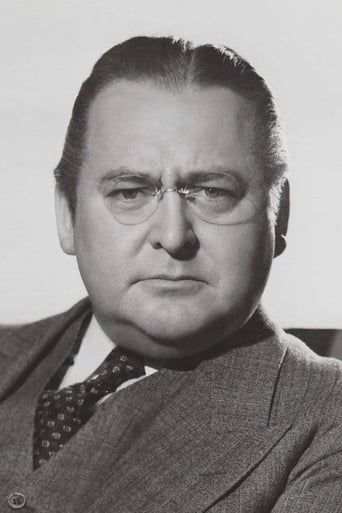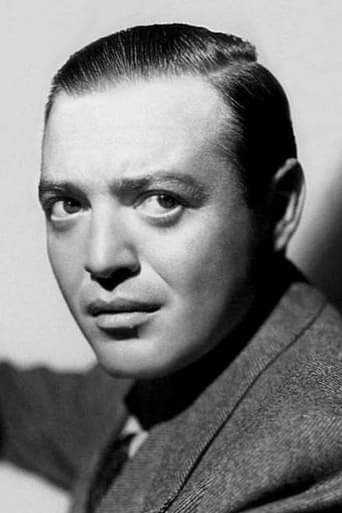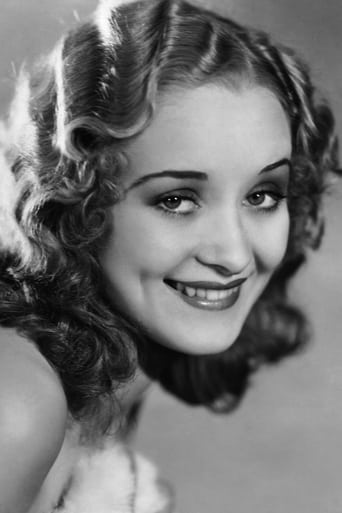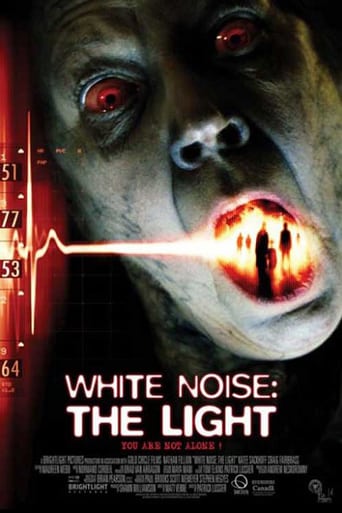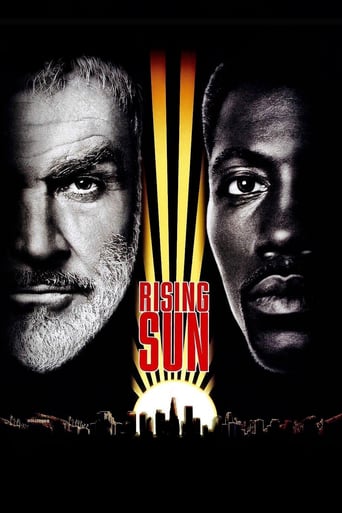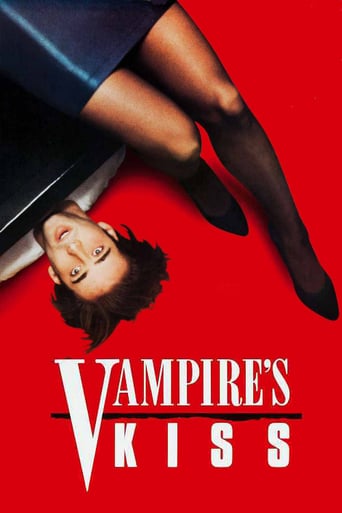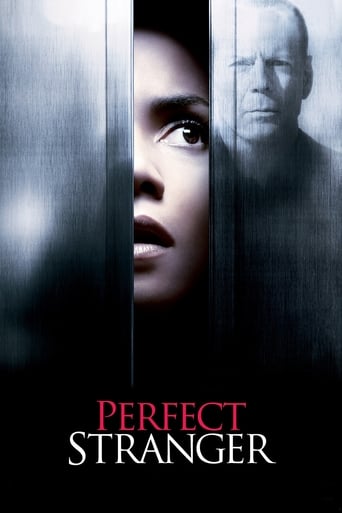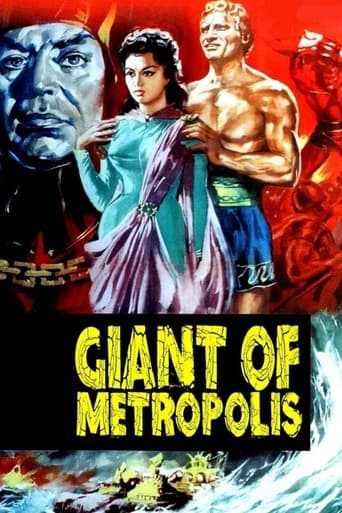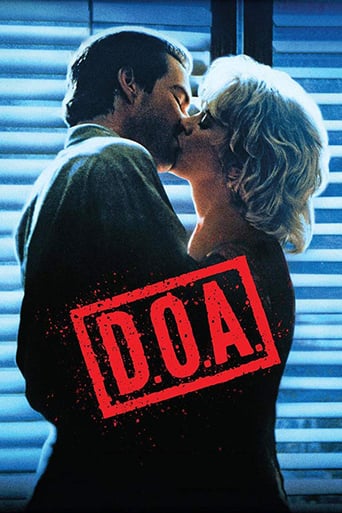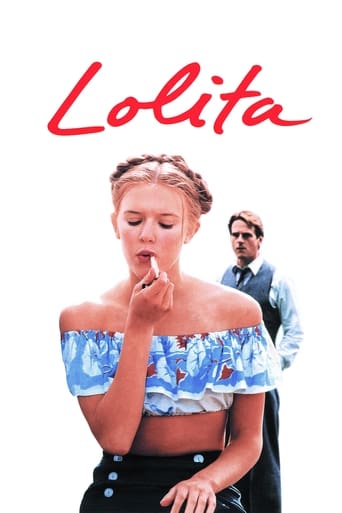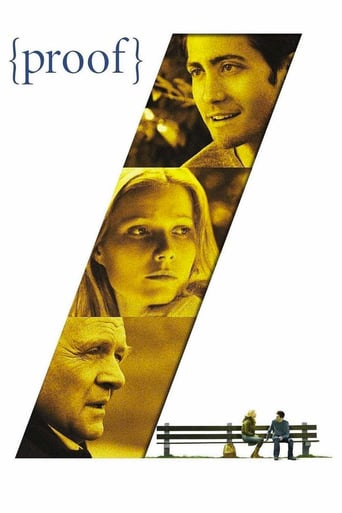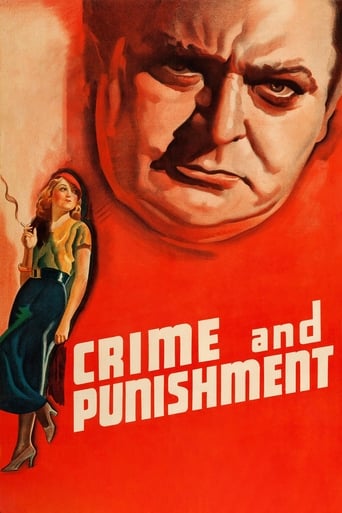
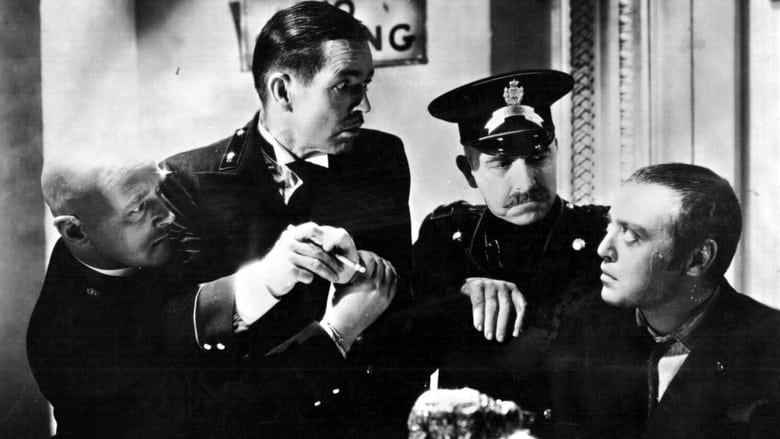
Crime and Punishment (1935)
A man is haunted by a murder he's committed.
Watch Trailer
Cast


Similar titles
Reviews
If you don't like this, we can't be friends.
Clever, believable, and super fun to watch. It totally has replay value.
It was OK. I don't see why everyone loves it so much. It wasn't very smart or deep or well-directed.
The movie really just wants to entertain people.
I've been entranced with Peter Lorre from the first. Unfortunately, his quirkiness typecast him as a threatening, unstable personage. LIke the character in "M," he never seemed to express joy. Unless he was drunk, he never seemed to smile. In this film, an updated version of the great Dostoevsky work, he plays the brilliant student murderer Raskolnikov, who has done in a harsh old pawnbroker. She is evil, but her worth in the eyes of God is as his. His family is being manipulated by a cad because they have no money, and so in order to appease this man, he kills the old woman. They portray him as an expert in criminology which sets him against a police detective, bent on proving his guilt. The punishment isn't a jail sentence but rather the intense guilt he experiences. This guilt manifests itself from the second he brings down a fireplace poker on the head of woman. This is well done, even though it can't match for a second the incredible book upon which it is based. Lorre and Edward Arnold parry and thrust mentally and this makes the film worth seeing, even though it is diminished by a soft Hollywood ending and some religious mumbo jumbo.
Director Josef von Sternberg had a long and distinguished career interrupted by "Crime and Punishment." Among his stellar performances are "The Blue Angel," "Morocco," "Blonde Venus," and "Duel in the Sun," to mention only a few. Many of his motion pictures starred Marlene Dietrich. In "Crime and Punishment," von Sternberg works with Peter Lorre, Edward Arnold, and Marian Marsh to get this gargantuan novel down to 99 minutes of screen time. Since I haven't read the novel, I have no clue what they left out. I'm sure it's a travesty. Since I haven't read the novel, however, I treat the movie on its own merits. I consider of plot of little importance in this movie version. Raskolnikov (played by Lorre) is introduced as a student with great promise. Our next scene shows him impoverished but too proud to accept a loan from a former school chum. Raskolnikov is slowly pawning all his belongings because he has no other means of supporting himself. The pawn broker (played by the famous Mrs. Patrick Campbell) is absolutely appalling, and her murder by Raskolnikov is, if not excusable, at least understandable. The irony is that Raskolnikov is famous in police circles because of his magazine article (for which he was not paid) called "On Crime." In this essay (if I understand the movie correctly) Raskolnikov advances the theory that there are two classes of people: those ordinary people who commit ordinary crimes, and an elite class, including Napoleon, whose crimes are somehow superior and above the law and therefore are not to be punished. The head of police, Inspector Porfiry, meets Raskolnikov and praises his work and asks for his help in solving the murder of the pawnbroker. It is not till this game begins that the movie gets interesting. Until the game between Raskolnikov and Porfiry, Lorre's acting has been random and muddled. In his scenes with Arnold, though, Raskolnikov takes shape and becomes hunted, haunted, angry, brave, cowardly, and a myriad of emotions that play across Lorre's entire body. Arnold is excellent as Porfiry, an old hand at the game of crime, and Porfiry plays the game superbly. In their scenes together, you get to enjoy Porfiry's knowledge that Lorre knows he knows, and we see Lorre's anguish as he realizes Porfiry knows, knows Lorre knows he knows, and we spiral down the hole of madness of he knows he knows he knows.Lorre is superb playing anguished men. I think he was at his best in "M" as Hans Beckert under the thumb of Inspector Lohmann. It's a shame Lorre was type cast as Sidney Greenstreet's sidekick in so many movies. I saw Peter Lorre on a 50s game show. The contestant was a blindfolded woman who was asked to chose which of three men was Peter Lorre doing a love scene with her. Each actor kissed her hand and murmured sweet nothings to her. The other two men were credible imitators, but the woman blurted out, "I want _him_!" as she picked Lorre. She didn't care whether he was the real Lorre or not; he was the man she believed in his lovemaking. Lorre was a great actor whose talent was not much used.
I recently saw this at the 2008 Palm Springs International Film Festival as part of their Archival Treasures series. This was shown in part because Maraian Marsh had been a Palm Springs area resident. This film marked the USA debut of noted Europena actor Peter Lorre, who after breaking out from the German cinema had previously did Hitchcock's The Man Who Knew to Much and Freund's Mad Love in the UK. Josef Von Sternberg directs Joseph Anthony's screenplay of Dostoyevsky's classic 1866 detective novel. Lorre stars as Roderick Raskolnikov, a criminal justice whiz kid whose writings are widely read and respected by the criminal justice community at all professional levels from police inspectors to professors. Raskolnikov finds himself living in a flop house, never fulfilling his talents and angry with a publication that quoted his works but failed to mention his name. He also finds himself falling in love with his apartment neighbor Sonya (Marian Marsh) and in a game of wits with the local police inspector Pordiry (Edward Arnold) over the murder of pawn shop proprietor. Gene Lockhart is in support as Raskolnikov's potential brother-in-law Lushin and noted character actress Elisabeth Risdon plays Raskolnikov's mother. Proliffic Columbia studio Cinematographer Lucien Ballard photographs and Columbia's long time art director Stepehn Goosen is set decorator. Von Sternberg came out of the silents in a career that lasted into the 1950's and was at the height of his career at this time having been nominated for an Oscar twice for Best Director for Morocco in 1930 and Shanghai Express in 1932. Nice acting from the cast especially Arnold. Marsh's role never takes off with no fault to her. Lorre starts out great with a dramatic flare punctuated by comedic overtones but his character loses steam halfway through the film due to a script that somehow runs out of gas. The first half of this film is clever and well done but bogs down and becomes almost cartoonish by films end. It became so campy that the audience was laughing at parts that weren't meant to be funny. It was great to see a mid thirties film on the big screen and as a curious historical document with Lorre early in his career but there is nothing special about this film and I can only give it a 6.0 out of 10.
This isn't a very good adaptation of 'Crime and Punishment'. Admittedly, budget restraints hampered the film, so we are left with an overall unsatisfying product. Still, Stenberg's film holds interest because of Lorre's and it's original subject matter.The atmosphere is one thing that is handled well by Stenberg. Appropriately dark and gritty, it feels right. But it's not right. Lorre is ultimately miscast as regretful murderer Raskolnikov (But who else would they have got for the job In 1935?). The pivotal role of Sonia is played weakly by Marian Marsh. Stenberg seems to be bemoaning the loss of Dietrich by trying to make his leading lady into a clone of the glamour lady. It doesn't work, Marsh's screen presence is too weak and there is no disguising her 'Americanness'.The plot is fascinating because it is pure Dostoyesky genius. As the film is relatively short, most of the major thematic elements are quickly skipped over. Some are left out completely. Yet the general concept of Dostoyesky's psychological classic still remains, and that's the most interesting thing about this film.One must raise a smile at how Sonya's 'profession' is passed over in this film, because of the influence of that annoying Hayes Code.6/10.


